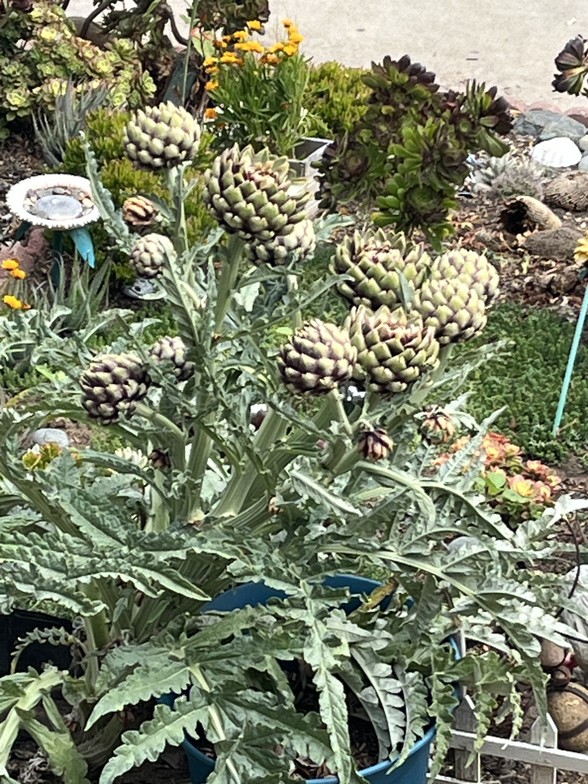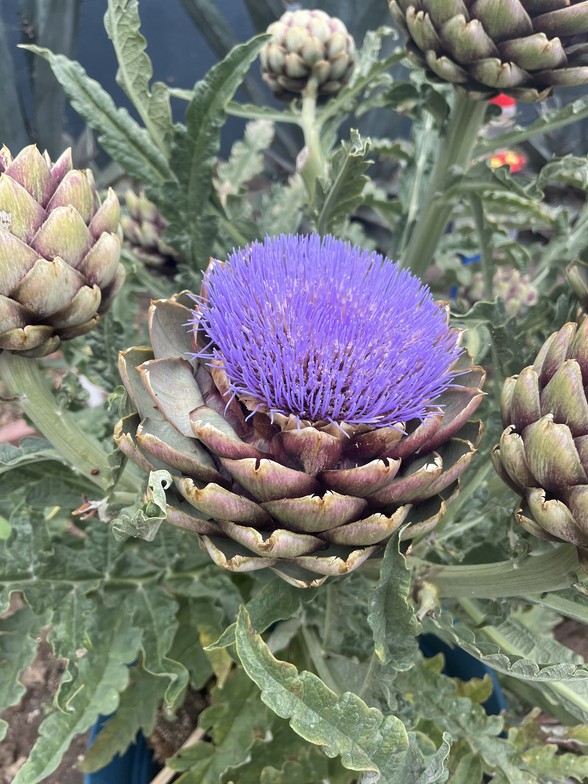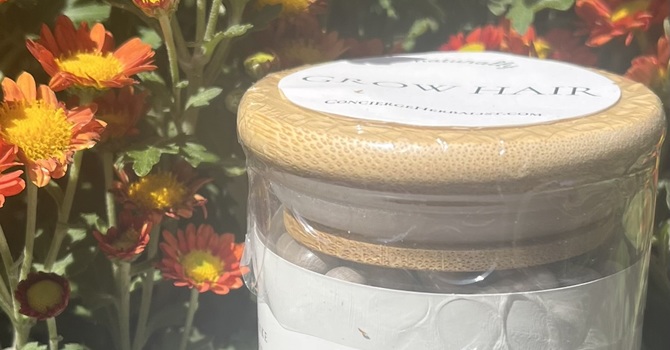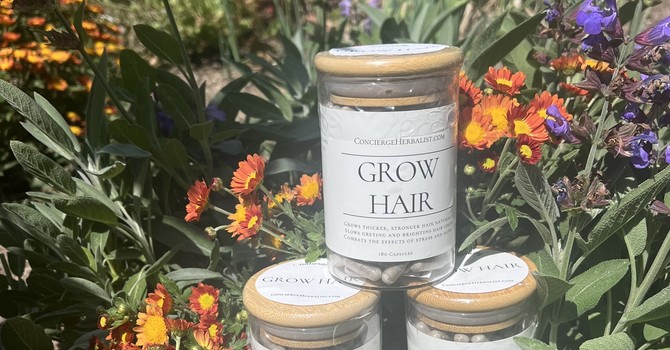Artichoke - Food as Medicine
Should I be eating Artichokes? Are they good for me?
Artichoke is a remarkable plant with a rich history in traditional and modern medicine. Extensively cultivated in Mediterranean countries but also in California, it is celebrated not only for its unique taste but also for its potent health benefits. Artichokes are packed with nutrients and have been used for thousands of years to treat various ailments. This article introduces its nutritional properties, health benefits, and traditional uses.
Nutritional Profile
Artichokes are nutritionally dense while being low in calories. The key minerals found in artichokes include:
- Potassium: Vital for heart function and muscle contraction.
- Phosphorus: Important for bone health and energy production.
- Magnesium: Essential for muscle and nerve function.
- Calcium: Crucial for bone health.
- Sodium: Necessary for maintaining fluid balance.
In addition, artichokes are rich in vitamins:
- Vitamin C: An antioxidant that supports the immune system.
- Folate: Important for cell division and DNA synthesis.
- B Vitamins (Biotin, Niacin, Pyridoxine): Play a role in energy metabolism and brain function.
- Carotenoids: Beneficial for eye health.
Health Benefits
Digestive Health and Prebiotic Effects
Artichokes have been known for thousands of years to positively impact digestion. They stimulate bile production, which aids in the digestion of fats and the absorption of fat-soluble vitamins. Additionally, artichokes are rich in inulin, a key pre-biotic (the fiber that help grow the “good bacteria” in our gut). Inulin is a specific type of prebiotic fiber that is not digested in the small intestine. Instead, it is fermented by beneficial gut bacteria in the colon. This promotes a healthy gut microbiome, which is crucial for digestion, immune function, and overall health.
Liver and Gallbladder Function
In traditional Chinese medicine, artichokes are considered a valuable tonic for the liver and gallbladder. Modern research has validated the traditional use of artichokes by showing they can be a part of regulating healthy cholesterol levels (most cholesterol in the blood is made in the Liver, not consumed by food). While many associate cholesterol with “heart health”, cholesterol itself is mainly regulated by the anatomical liver organ. In fact, artichoke extracts have been shown to lower LDL (bad) cholesterol and increase HDL (good) cholesterol. This can reduce the risk of atherosclerosis and coronary heart disease. Artichokes have also been shown to increase bile release, which is made in the liver organ and stored in the gall bladder. Bile is made in the liver organ and stored in the gall bladder until needed.
Anti-Inflammatory and Antioxidant Properties
Artichokes are rich in antioxidants, including phenolic compounds like caffeic acid derivatives and flavones (luteolin and apigenin). These compounds help in reducing oxidative stress and inflammation, which are linked to chronic diseases such as cancer and cardiovascular conditions. The potassium content also helps in maintaining healthy blood pressure levels.
Traditional Chinese Medicine Functions
For those that understand the language and meaning of Traditional Chinese Medical (TCM) terminology, artichokes are described as bitter and slightly cold. They are attributed to the Spleen, Stomach, Liver, and Gallbladder meridians. Their functions include:
- Eliminating Accumulation and Guiding Stagnation: Helps in alleviating food stagnation and improving digestive function.
- Regulating Qi-Flowing for Harmonizing Stomach: Enhances the smooth flow of Qi, thereby reducing symptoms like nausea and vomiting.
- Clearing Away Dampness and Heat: Beneficial for conditions like jaundice and hypochondriac pain.
- Resolving Turbidity and Lowering Blood Lipids: Effective in managing hyperlipidemia and improving metabolic health.
Go Eat Artichokes!
Artichokes can be enjoyed in numerous ways: fresh, boiled, canned, roasted, or baked. The edible parts include the receptacle of immature flowers and the inner bracts. Artichokes are packed with nutrition and medicinal properties, and they taste delicious as food! From supporting digestive health to promoting liver function and reducing cholesterol levels, their benefits are extensive and well-documented. Incorporating artichokes into your diet can contribute to overall health and well-being. Next time you are at the grocery store, grab some artichokes to eat!
Dr. Kim Drolet, DACM, LAc
conciergeherbalist.com

Kim Drolet
Contact Me







